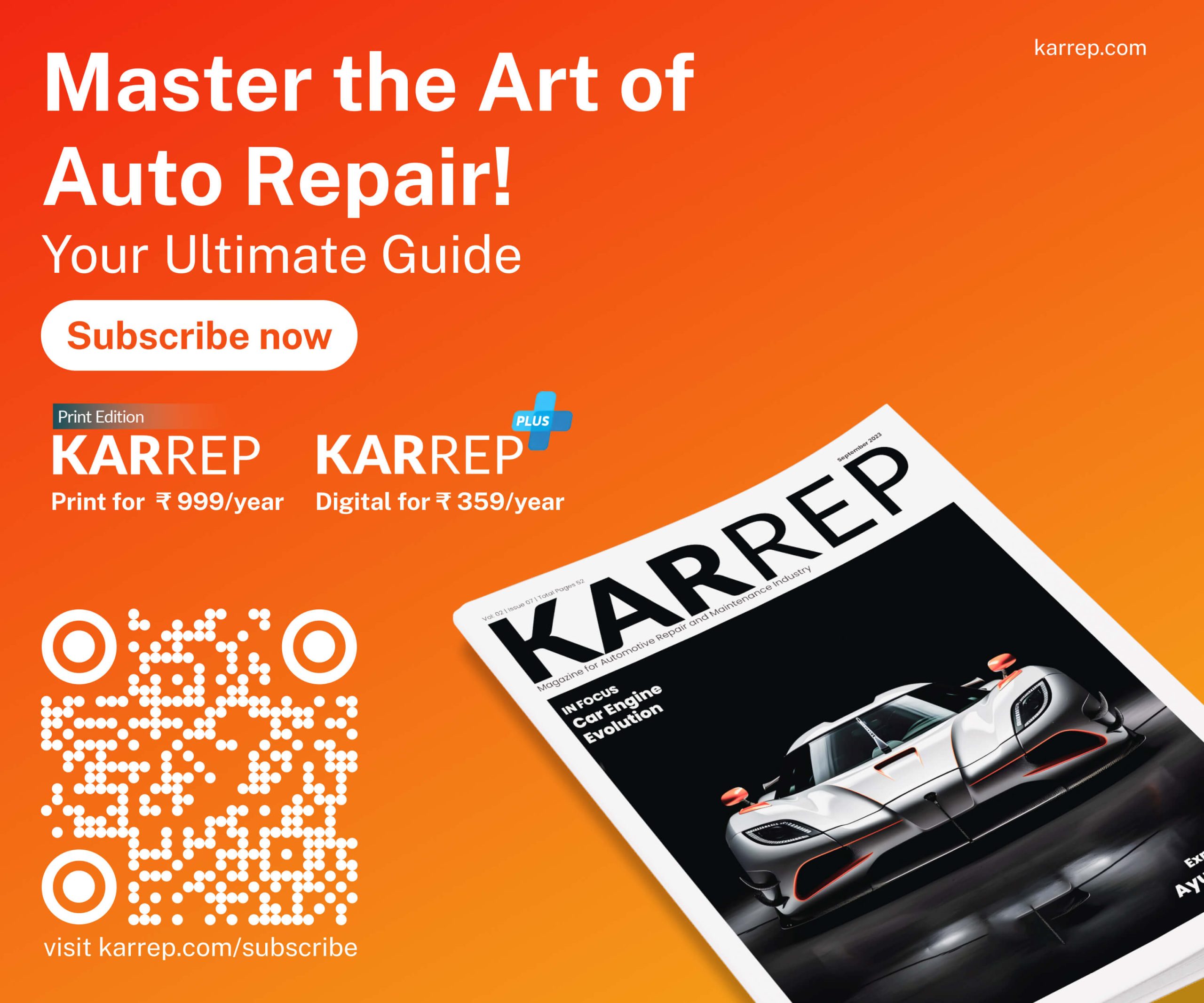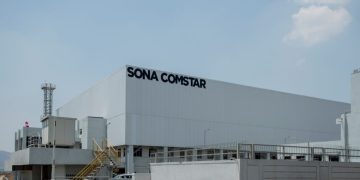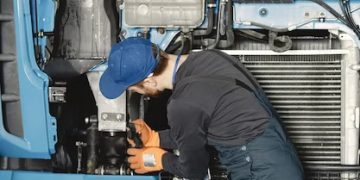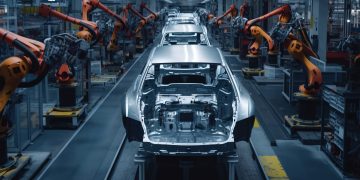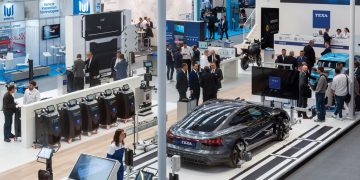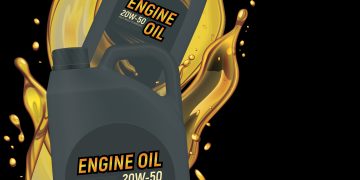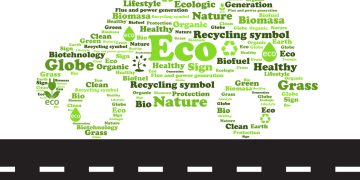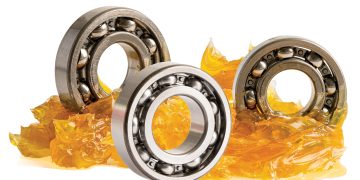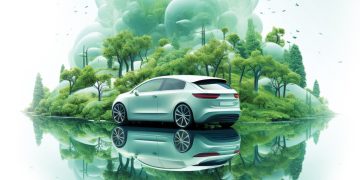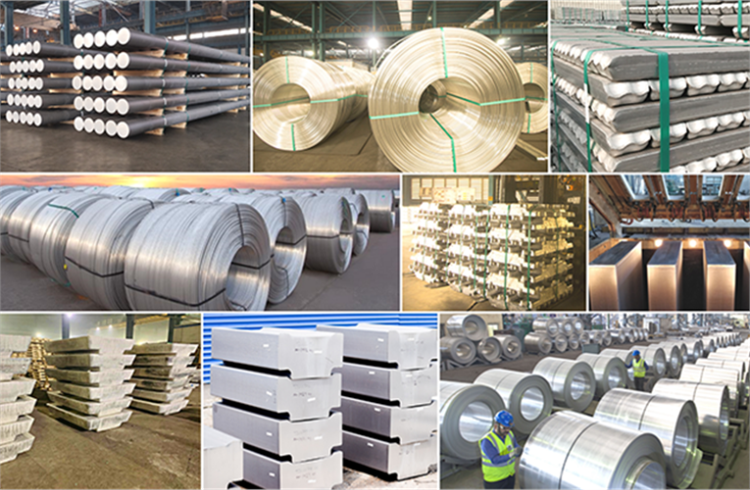The company’s innovative products assist electric vehicle manufacturers in implementing advanced automotive technologies while simultaneously supporting them in lowering their environmental impact.
The company’s advanced product lineup includes primary foundry alloys used in wheels, engine blocks, and cylinder-head applications, as well as billets for battery casings, HVAC (Heating, Ventilation, and Air-Conditioning) systems, and EV frames. Together, these products provide the automotive industry with top-tier value-added solutions while promoting sustainability and supply-chain reliability.
Aluminum’s exceptional properties, such as its high strength-to-weight ratio, excellent corrosion resistance, remarkable design flexibility, anodizing capability, thermal and electrical conductivity, and complete recyclability, have solidified its status as the preferred metal for global automakers. Increasing the use of aluminum in EVs extends their driving range by offsetting battery weight, ultimately reducing the total cost of ownership, even with additional safety features.
Research indicates that for every kilogram of aluminum incorporated into a car, its overall weight decreases by 1 kilogram. Consequently, saving 100 kilograms in an EV’s weight can potentially result in a 10-15% boost in its driving range. This attribute holds significant importance in driving higher EV adoption, particularly in a vast country like India. Additionally, aluminum plays a crucial role in developing an extensive EV charging infrastructure due to its proven applications in electrical transmission and distribution networks.
Vedanta Aluminum proudly introduces low carbon, environmentally-friendly aluminum, known as Restora and Restora Ultra, making it the first in India to offer such a product. These brands cater to its global customer base, many of whom prioritize sustainable sourcing of materials and decarbonization of their value chains. By extensively incorporating Restora into their product range, automotive manufacturers have the potential to significantly reduce the carbon footprint across their value chains.
Sunil Gupta, COO of Vedanta Ltd – Aluminium Business, reaffirmed the company’s dedication to supporting the electric vehicle (EV) industry, emphasizing the pivotal role of EVs in driving a more environmentally sustainable future. Gupta highlighted aluminum’s versatility in advancing this cause and stressed Vedanta’s commitment as a trusted partner to the automotive sector. He underlined their focus on crafting top-tier products to meet specific industry needs while aiding in carbon footprint reduction. He also noted that their products hold several global certifications, showcasing their exceptional quality and sustainability standards.
Rajesh Kumar, CEO and whole-time director of BALCO, expressed confidence in Vedanta Aluminium’s ability to meet the evolving demands of the EV industry with their extensive product portfolio developed using cutting-edge technologies. He mentioned the establishment of a Center of Excellence (CoE) in aluminum, which brings together extensive R&D, innovation, and global technical expertise to co-create groundbreaking aluminum solutions.
Vedanta Aluminium’s product range has received certification from the Bureau of Indian Standards (BIS) for its high quality. These products have also earned recognition for environmental sustainability through the globally acclaimed Environmental Product Declaration (EPD) program, following a rigorous Life Cycle Assessment (LCA). They excel in parameters such as energy consumption, greenhouse gas emissions, water usage, and waste generation. Furthermore, the Aluminium Stewardship Initiative (ASI) has certified Vedanta’s plant in Jharsuguda, Odisha, for its exemplary sustainability performance, signifying global sustainability leadership.
In addition to supplying raw materials to the EV industry, Vedanta Aluminium is a leader in adopting EV technology. They boast India’s largest fleet of electric lithium-ion forklifts, with 44 units now operational across their operations in Odisha and Chhattisgarh. The company also aims to achieve full decarbonization of its Light Motor Vehicle fleet by 2030 and 75% decarbonization of its mining fleet by 2035.


